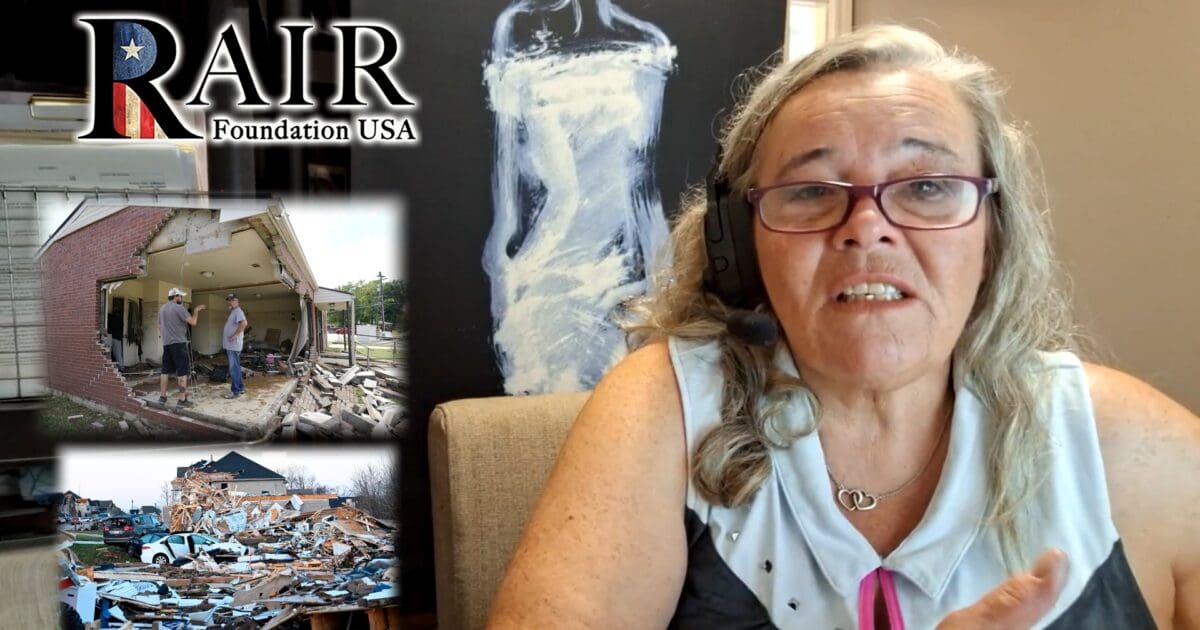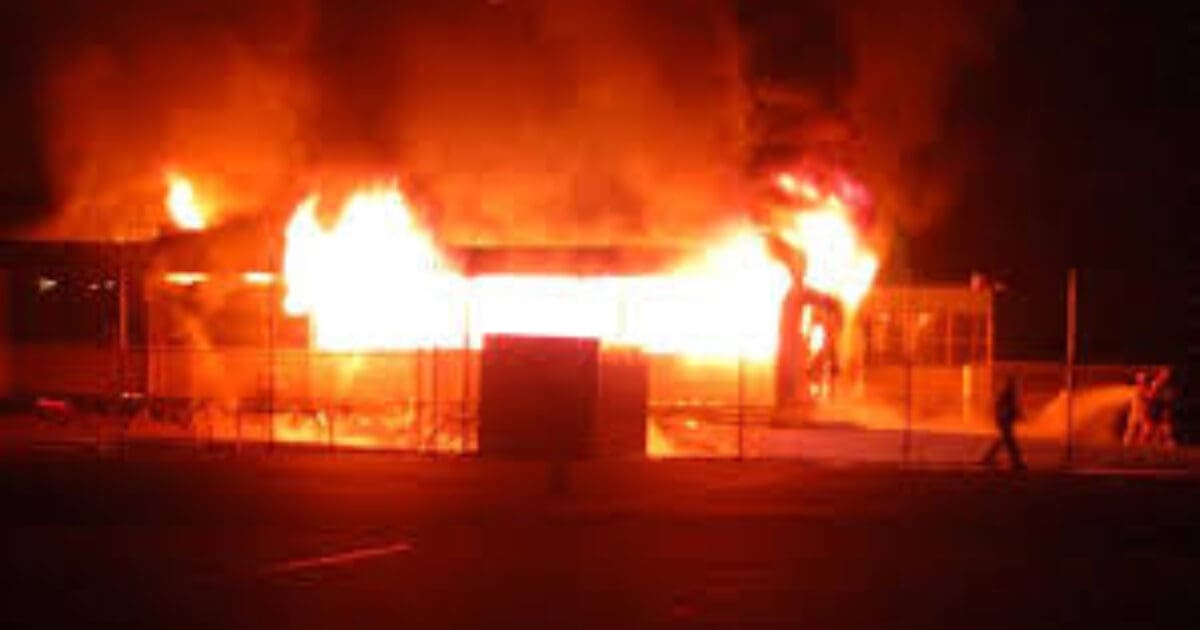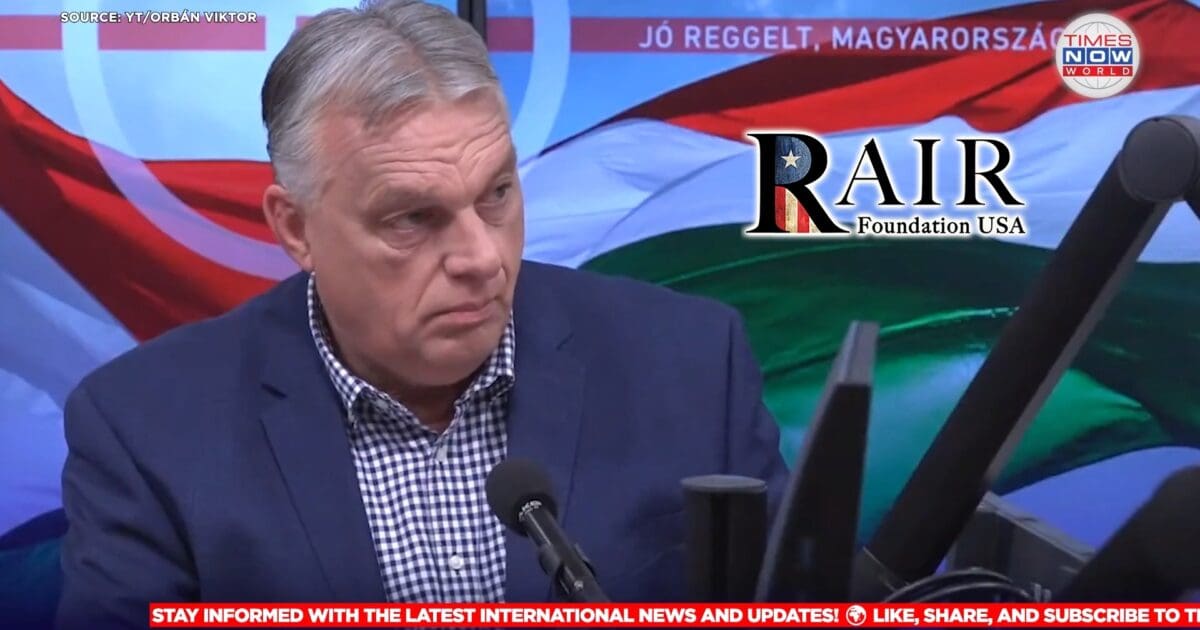In the aftermath of recent natural disasters affecting several U.S. states, a remarkable story has emerged from Canada—an effort to organize a grassroots humanitarian mission to the United States led by Brigitte Belton, a Canadian trucker and activist. This interview provides insight into why such a mission is necessary and, more importantly, how it reveals the deep shortcomings of government-led disaster response in Canada and the U.S.
Government Incompetence and Bureaucratic Failures
One of the core themes highlighted by Belton in this interview is the repeated failure of government organizations, particularly agencies like FEMA (Federal Emergency Management Agency) and TEMA (Tennessee Emergency Management Agency), to effectively respond to crises. The bureaucratic delays, red tape, and mismanagement have devastated communities, with local residents and volunteers struggling to get aid. Belton emphasizes that these government agencies often collect large amounts of money. Still, the funds are tied up in administrative costs and inefficiencies, leaving actual relief efforts underfunded or slow to materialize.
From a classically liberal perspective, this situation highlights a fundamental argument: big government is often inefficient and ineffective in addressing real-world problems. The bureaucracy is too bloated, slow, and disconnected from ordinary people’s needs. As Belton noted, “Government is too big… and they’re basically just there to launder our money.” This perspective resonates strongly with many conservatives who argue for smaller government and more community-driven solutions to social and economic challenges.
The Power of Private Initiative and Community
In the absence of effective governmental action, Belton’s response has been to organize a caravan of private citizens willing to step up and fill the void left by government incompetence. Drawing on her experience as a trucker, she is mobilizing Canadians to collect and deliver much-needed supplies to Tennessee and other affected areas.
This grassroots humanitarian effort highlights how, when left to their own devices, individuals and communities can organize and provide mutual aid without relying on government intervention.
Politicization of Disaster Relief?
A particularly concerning element mentioned in the interview is the active interference of the U.S. federal government in preventing private efforts to bring aid. According to Belton, there have been reports, including from Elon Musk, of federal authorities preventing private helicopter owners from delivering supplies to the affected regions. Musk himself tweeted that his helicopters were blocked from providing Starlink internet services to disaster-stricken areas.
For many on the right, this raises alarming questions about the politicization of disaster relief. Are authorities more interested in maintaining control over aid distribution for political gain rather than allowing private citizens to help? Belton speculates that these disaster-hit regions—many of which are in conservative-leaning states—are being neglected by the federal government, possibly due to their political leanings. This suspicion feeds into broader concerns about how government resources are deployed and whether political biases influence decisions about where and when to offer assistance.
Leadership Vacuum
Brigitte Belton’s interview also highlights a vacuum of leadership, both in Canada and the U.S. In a time of crisis, true leaders are expected to step up and offer guidance and solutions. However, Belton notes that in both countries, political figures like Justin Trudeau and Pierre Poilievre in Canada and Joe Biden in the U.S. seem more interested in political maneuvering than in addressing the immediate needs of citizens.
Many, like Belton, see modern political elites as disconnected from the people they are supposed to serve. She calls for leadership that prioritizes action over rhetoric, accusing Canadian and American leaders of being preoccupied with international issues and elections rather than focusing on the urgent needs of disaster victims.
Conclusion: The Case for Decentralized Solutions
Brigitte Belton’s grassroots humanitarian effort is a powerful reminder that decentralized, community-led solutions are often more effective than relying on government agencies bloated with bureaucracy. Her initiative showcases the potential for ordinary citizens to step in where governments fail, offering a lifeline to those in need through voluntary action.
Belton’s mission illustrates the importance of small government, individual responsibility, and the capacity of free citizens to solve problems without relying on top-down government solutions. It’s a call to action for those who believe that government should be limited and that the power of community and personal initiative can lead to real, tangible results when it matters most.














Just-in Through-The-Ass (false name: Justin Trudeau) is only taking care of Schwab’s ass.
From Fox:
“Best friends have babies on the same day, at the same hospital: ‘Can’t make this stuff up’
The two women also surprised each other with pregnancy announcements on the same day”
AND MAYBE SAME FATHER ALSO!
“Consumers could soon be facing a culinary cataclysm: a cold-cut crisis.
Officials in Italy have slaughtered 90,000 pigs over the last two months as African swine fever sweeps over the European nation famed for its food culture, as well as an array of savory pork products that are popular across the United States.
Food industry insiders fear shortages of salami, mortadella and pancetta. The delicacies are found in almost every supermarket deli counter, sandwich shop and Italian restaurant in the U.S.”
BILL GATE’s CRIMINAL CABAL JUST PLANNING THE NEXT PLANDEMIC.
AND PUSH TO GET THE CITIZENS TO EAT BILL GATE’s COMPANIES FAKE MEAT!
THIS IS ALL PLANNED!
BY THE CRIMINAL CABAL.